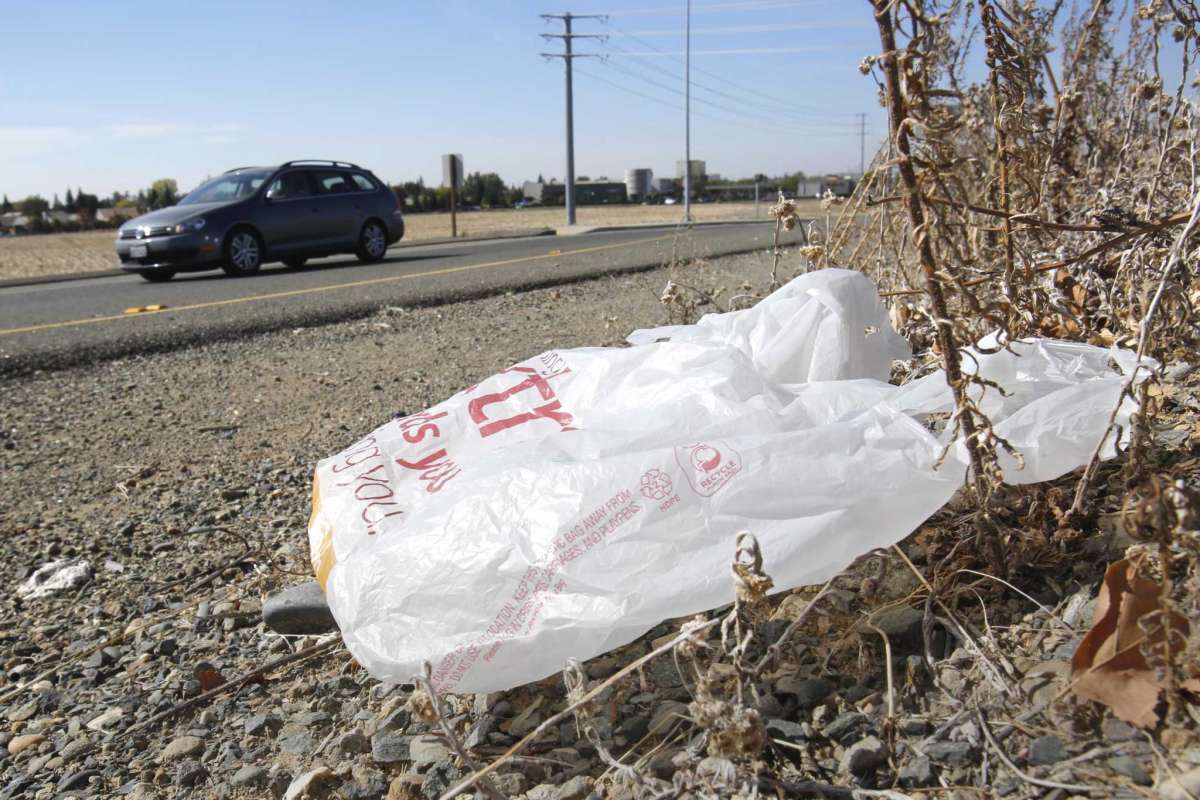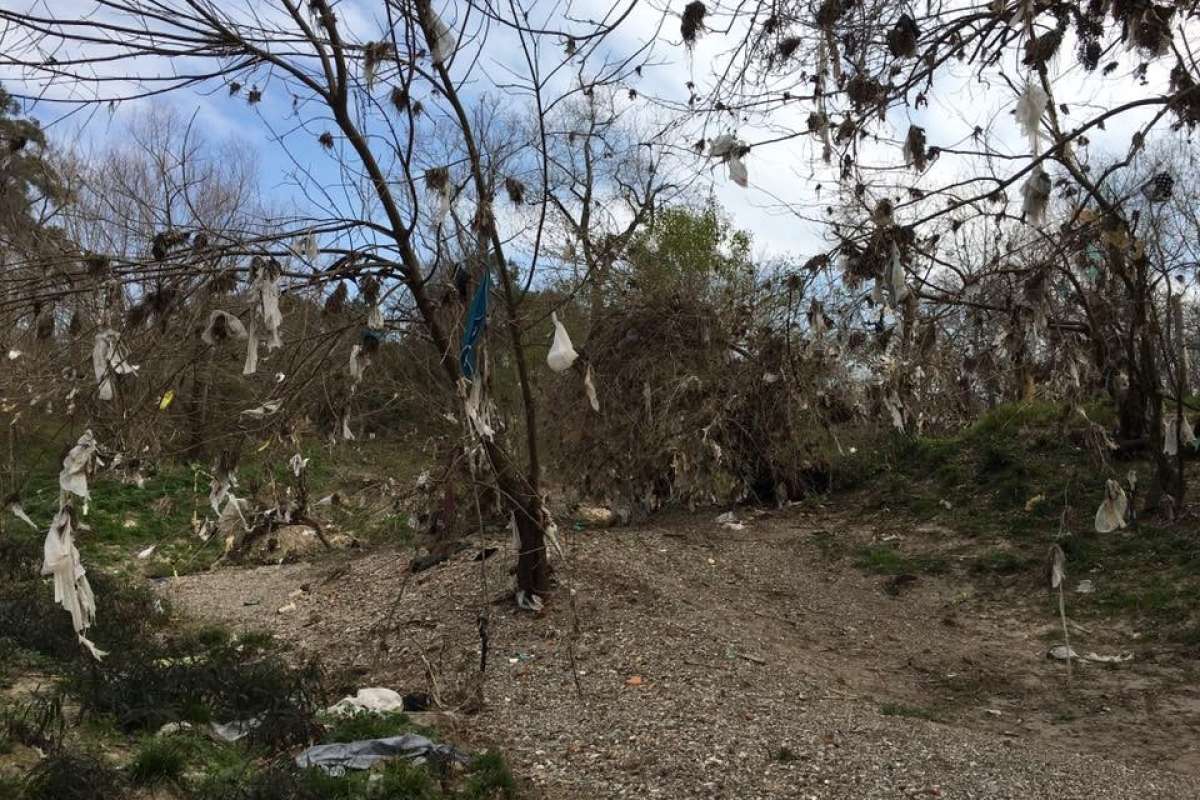For decades, advocates have been alerting us to the floating gyres of trash out at sea and here on Galveston's shores, where sea turtles ingest plastic bits and plastic bags clog their digestive tracts. These days you can't go long without seeing the next viral photo of some horrifying intertwinement of animal and plastic debris posted alongside the countless solutions proposed to address the problem.
Consumers have long been encouraged to reduce, reuse and recycle their plastic. Recently, we've begun to hear about companies taking responsibility for the problem, too. Starbucks claims they will phase out plastic straws by 2020 and restaurants all over the world, including in Houston, are experimenting with alternatives to single-use plastics.
But when should government step in? And can government even do so in a state like Texas?
This question has come to a head in the last few weeks. A Texas Supreme Court decision found in late June that the City of Laredo's ordinance to restrict plastic bags was invalid under Texas law, as are 10 similar ordinances in cities across Texas. Even so, Supreme Court justices Eva Guzman and Debra Lehrmann in a concurring opinion emphasized that not just protectors of marine life, but business owners like fishermen, boaters, cattle ranchers and cotton ginners know that plastic bag pollution is a big enough problem for lawmakers to start taking seriously.
It's easy to see how we got here. Chemists spent several decades at the beginning of the 20th century experimenting with the newly discovered polyethylene, a chemical component produced from natural gas and oil. In the 1950s, Swedish chemists discovered a stronger and more flexible plastic (HDPE) and patented the first manufactured thin-film plastic bag.
As soon as Mobil Chemical (now ExxonMobil) got wind of this invention, they obtained dozens of production patents, suppressing competition and producing their own bags by 1977. They quickly swept up the major grocery chains, and their customers, as lifelong partners.
But the proliferation of plastic bag use impacted a whole lot more than just the company's bottom line. It changed our way of thinking to accept that using an item for a total of 12 minutes — the average time of a bag's use — and then disposing of it is somehow OK.
This culture opened the floodgates for a whole lineage of single-use disposable plastics, and now it's nearly impossible to avoid the plastic packaging that's covering almost everything we want to buy.





